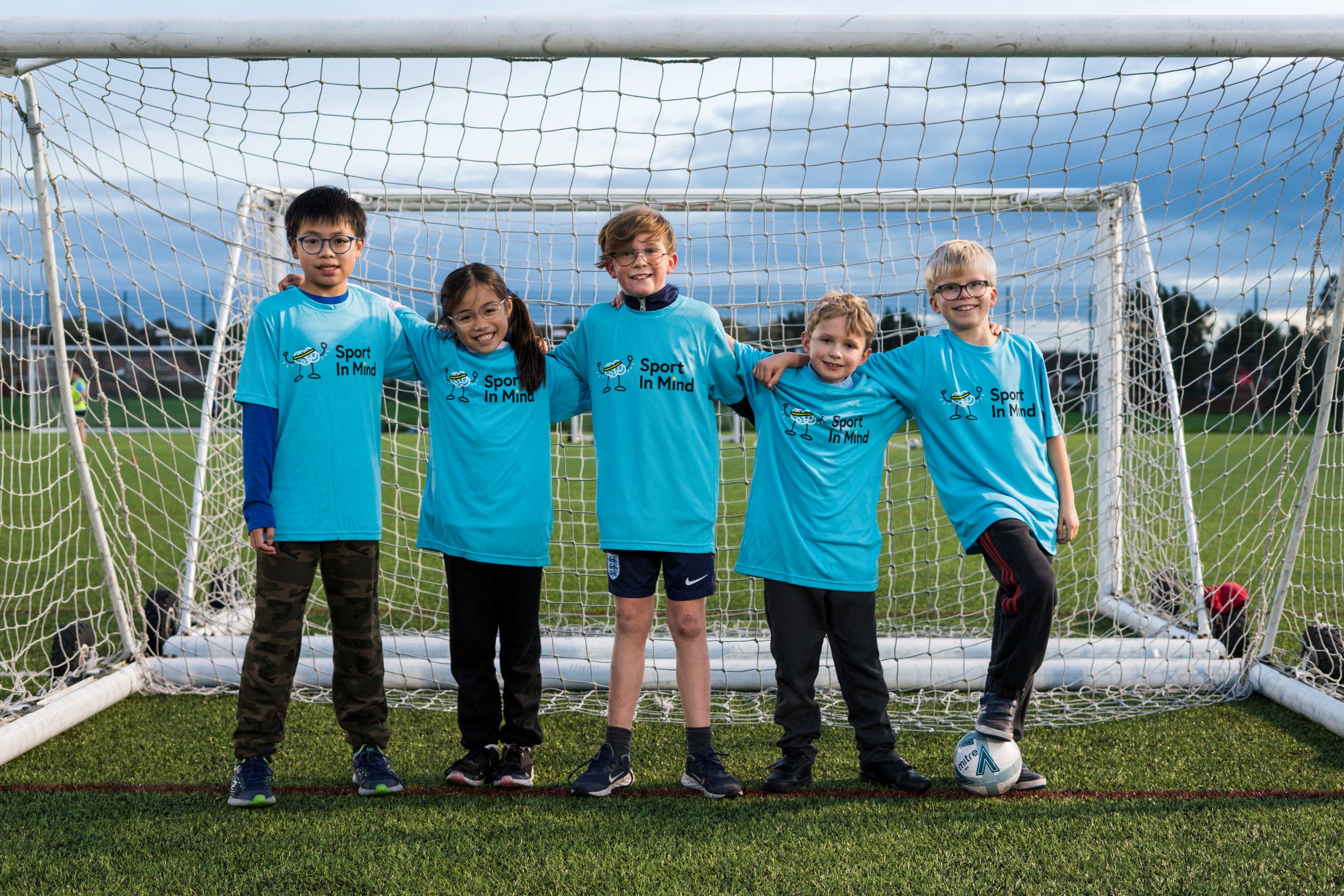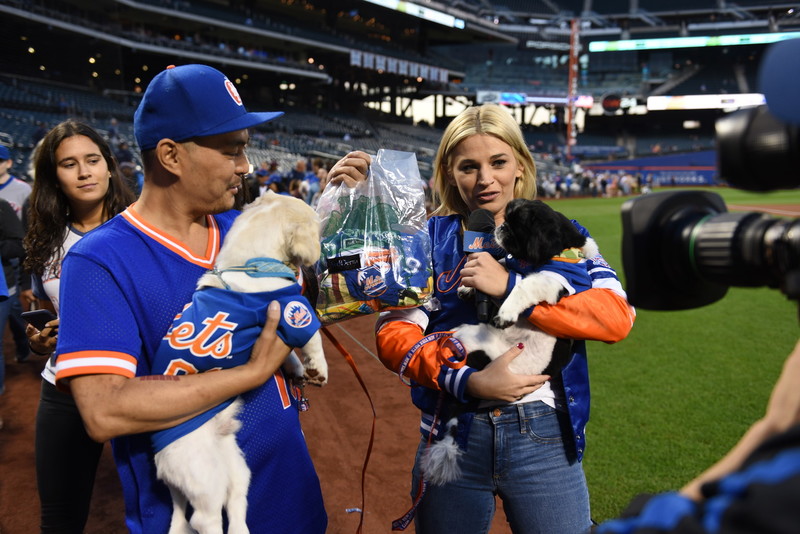The life span of the modern athlete is full of ups and downs, but what happens when the whistle blows on their career? Sidelines spoke to Joe Davis about how he is revolutionising that transition.
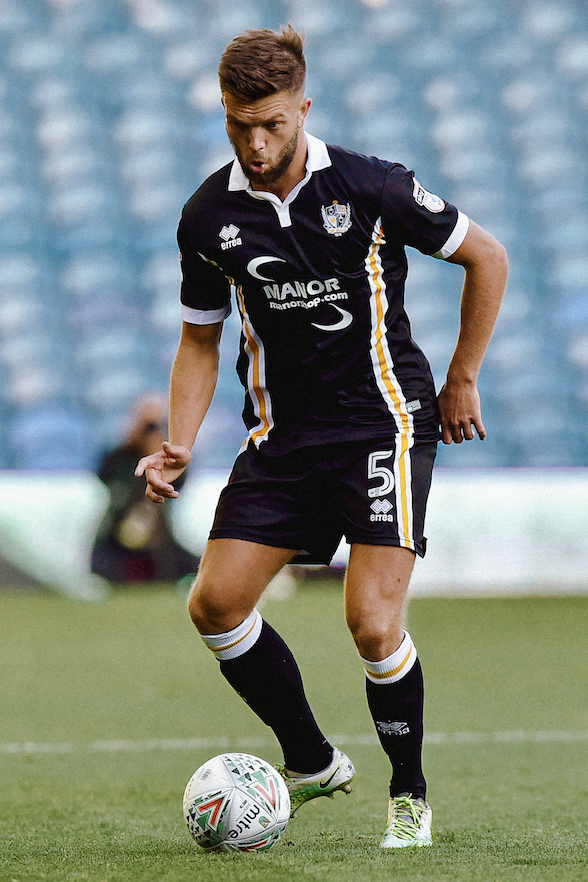
Joe Davis’ professional football career spanned from 2010 to 2020. A great young prospect, he was bought by Leicester in 2015 and was around the club when they earned promotion from the Championship and won the Premier League. Now, five years after stepping away from the game, he is aiming to make the post-sporting career transition smoother for athletes across all sports at his company, MOJOE.
MOJOE is a first-of-its-kind athlete community platform. It aims to give all athletes the support, resources, education, and mentorship in one space to support their transition and revolutionise transition from sport to beyond, including the aftercare for academies. It is not only support for the individual athletes, but also for the clubs and the agents to catch those who have been released. MOJOE aims to help and support clubs that are under-resourced and agents with how they can support their talent for the full life cycle of their careers and beyond.
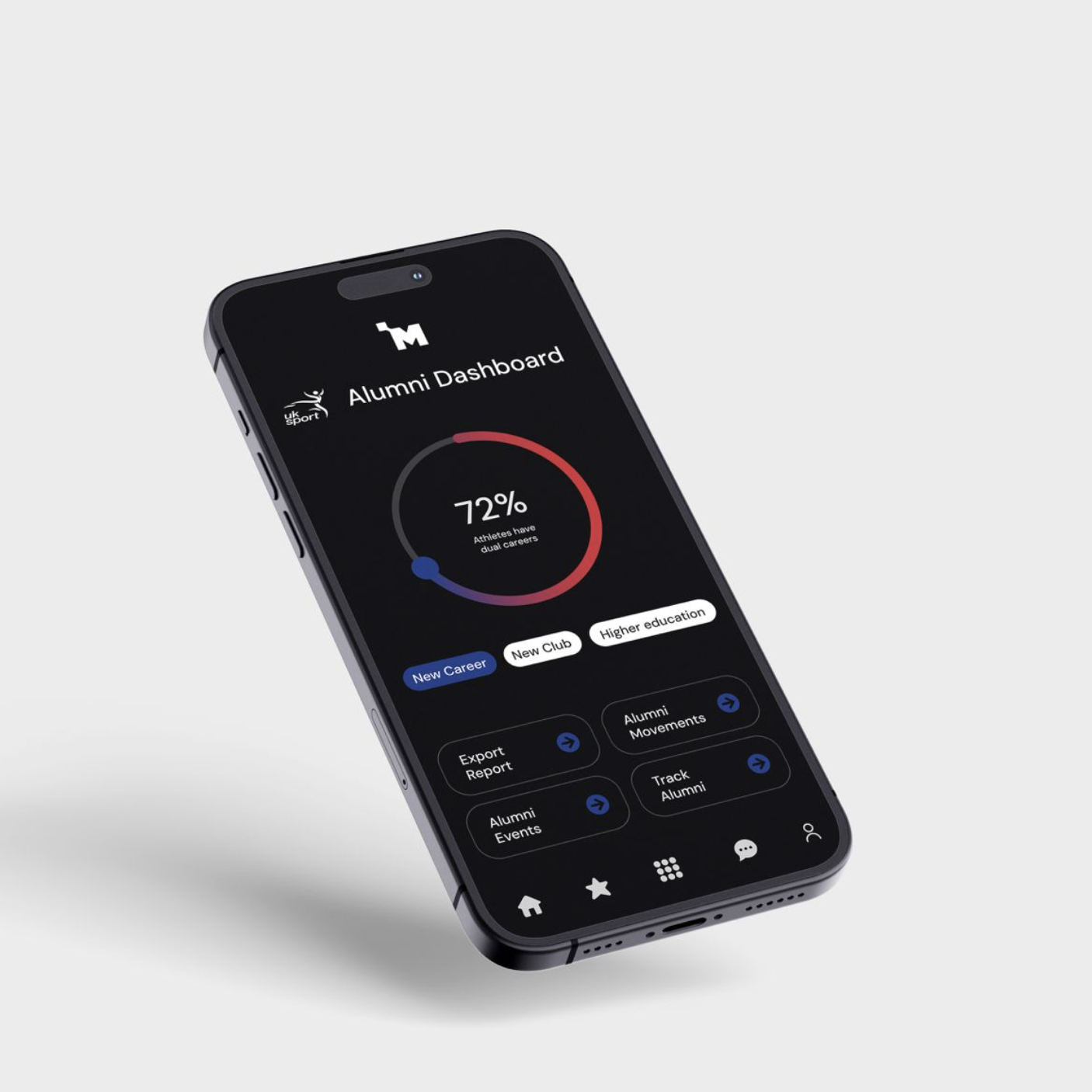
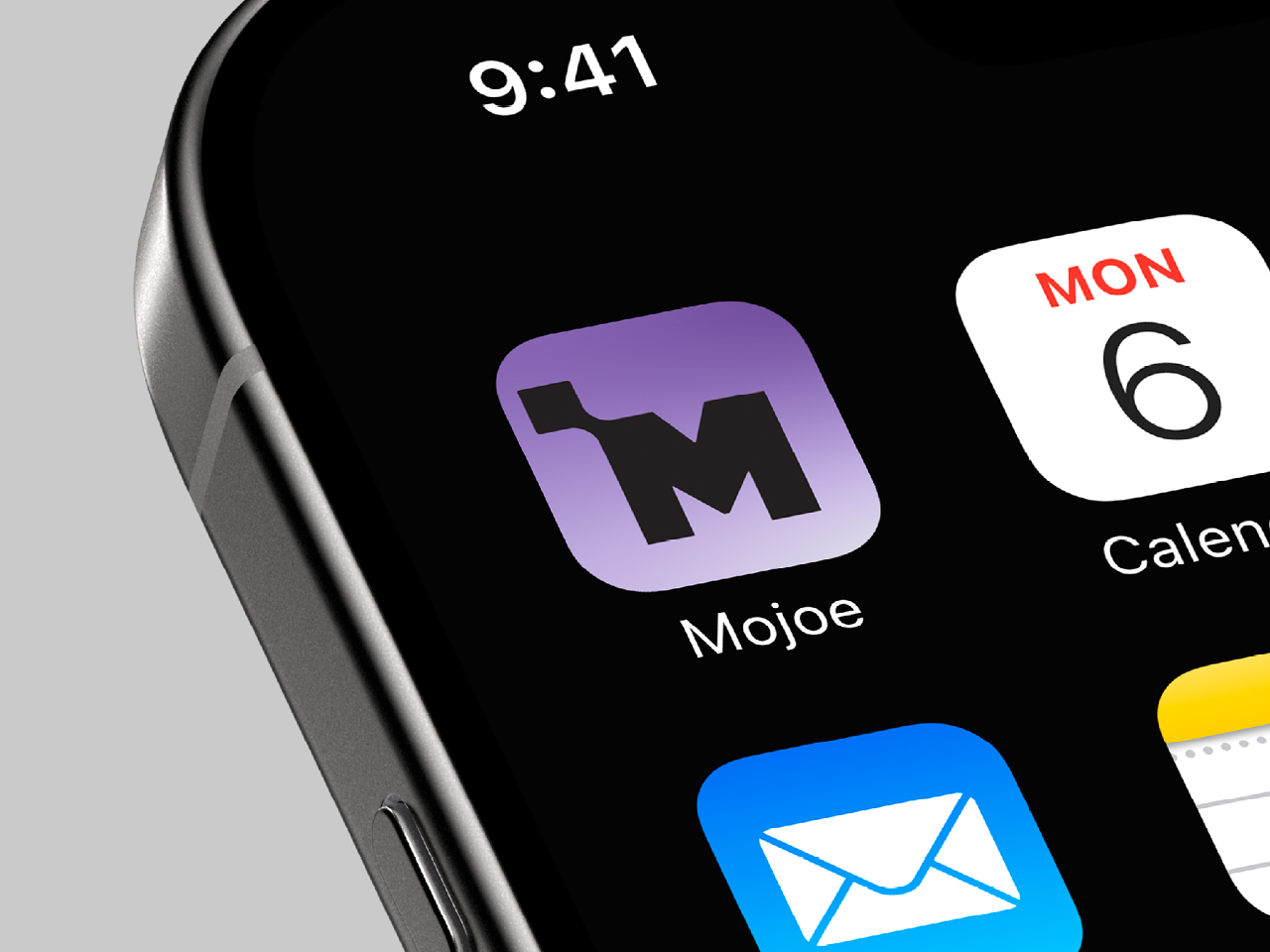
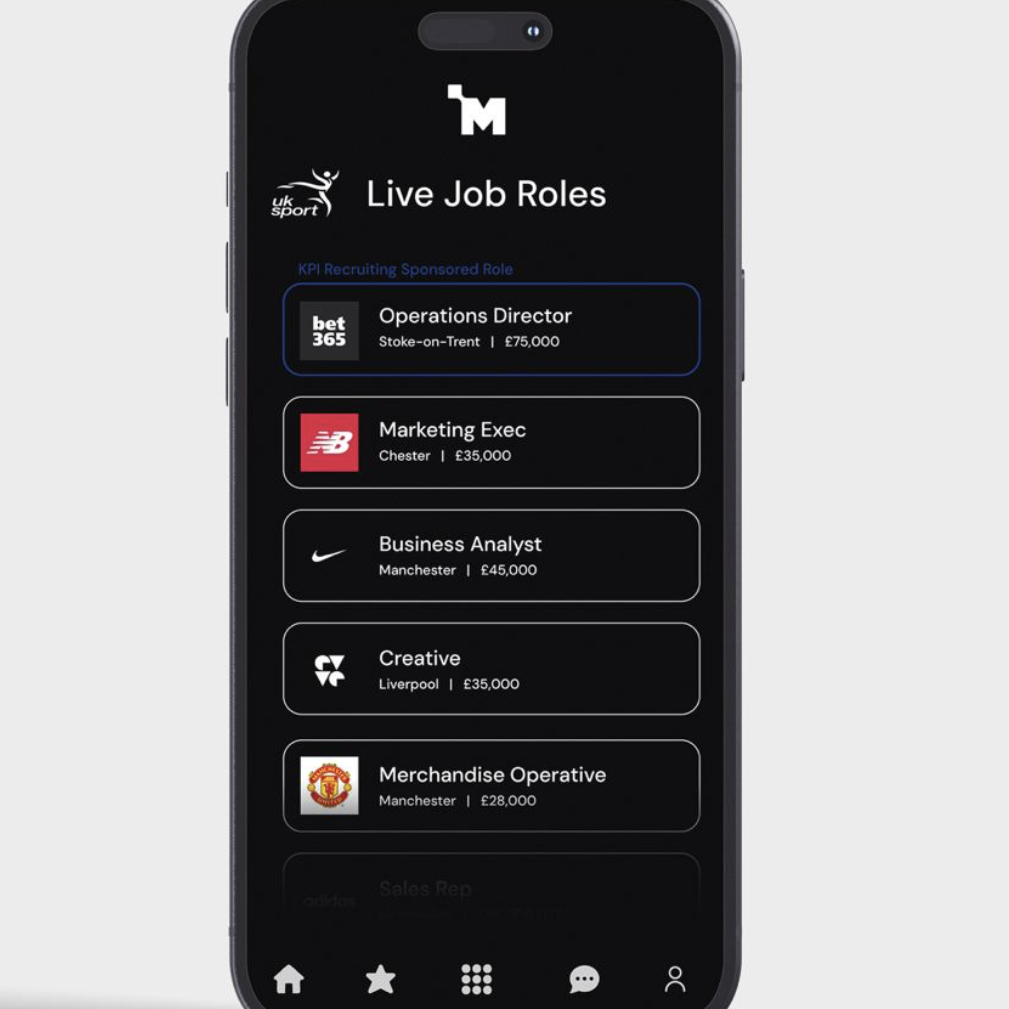
Sidelines spoke to Davis about this side of sporting stardom that fans don’t see, and what he’s looking to change.
How was the transition from footballing stardom into the unknown?
“The transition was tough, it wasn’t seamless. Until I was actually going through it, I realised how unprepared I was emotionally and mentally to deal with it. I suffered from all the classic symptoms of former athletes, anxieties around finances, a drop in salary, and also trying to change my whole identity away from something you have put your whole life into. Because I was in control of making the decision to step away, I don’t think I struggled too much, but there is definitely a lack of routine. As a professional athlete, you are told where to be, what position to play, what to eat, and ultimately what cone to run around, so when you don’t have structure anymore, you have to try and find it for yourself.”
How do you feel about the support network put in place for the modern athlete for preparation after the game?
“For 12 months, I was in a bit of a state of feeling lost, and a little bit unsupported by the industry that I had poured so much into. The PFA (Professional Footballers Association) tries to do things, but I think they only really kick in when you have fallen off a cliff. I think they wait until the worst-case scenario before all of their brilliant services kick in; that’s what I’m aiming to do with the business I have set up. At MOJOE, we want to be a proactive service that you haven’t had to fall into that disillusioned state before you receive the support that you need. I believe it will change is only when people start to link arms and do things as a collective, create a bit of a movement around the athlete. I think the PFA does education in general very well, but the career preparation is something which needs a lot of development.”
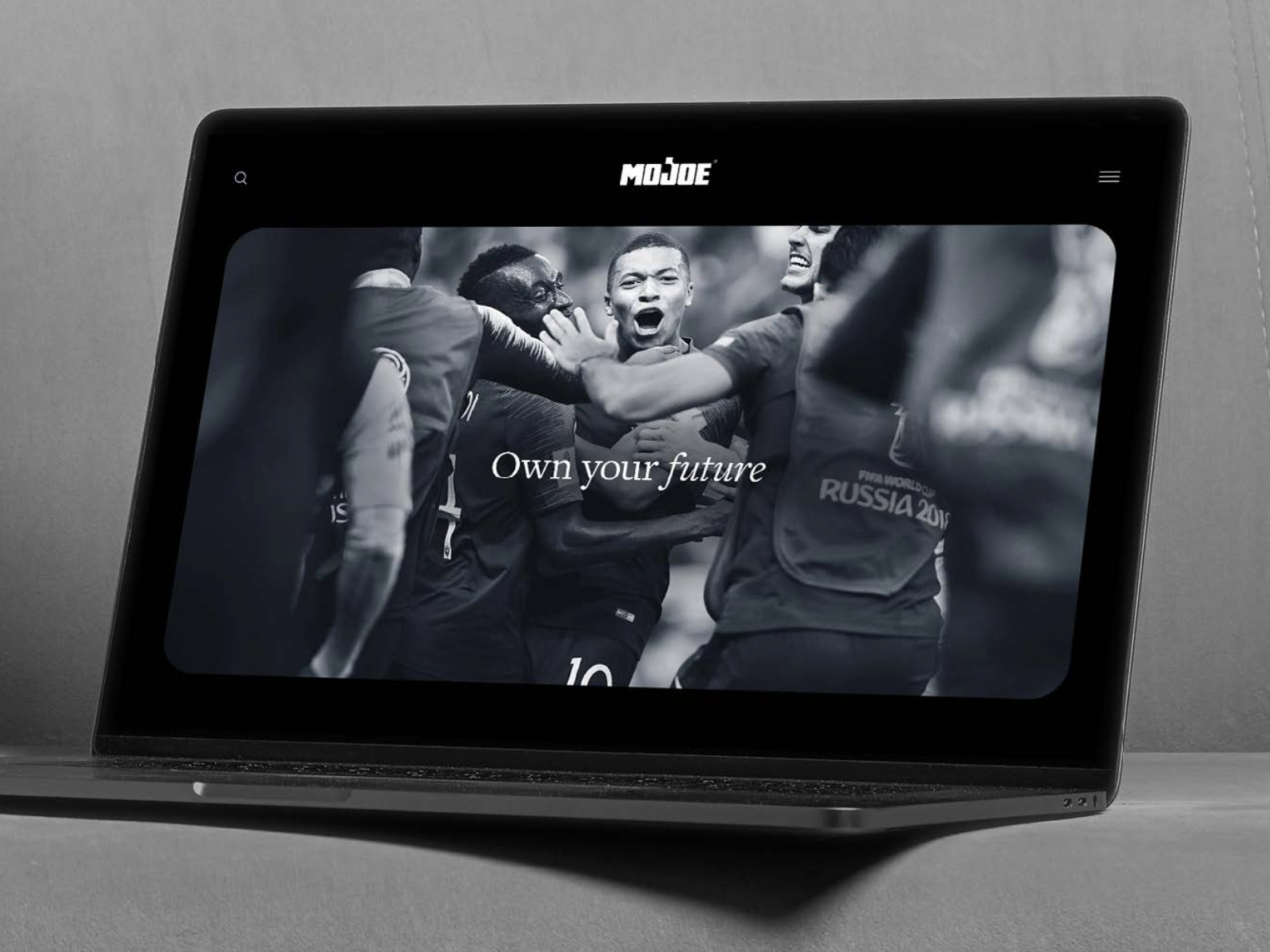
How do you think players are viewed by teams, governing bodies, agents, etc?
“The visions of sport and all the above are that it is a business, and it’s very difficult for them not to see pro footballers and athletes as assets. As soon as they are no longer valued, there is a mentality that they are no longer wanted. I think there is a sell-by date on every athlete, and once that runs out, they are pushed to one side, and it’s difficult to challenge that because it is a business. Some clubs are trying to think outside the box and be forward-thinking, but not enough, and I think they are waiting for somebody like ourselves, an external body, someone outside of their sport, to come in and support, and hopefully that’s where we plug that gap.”
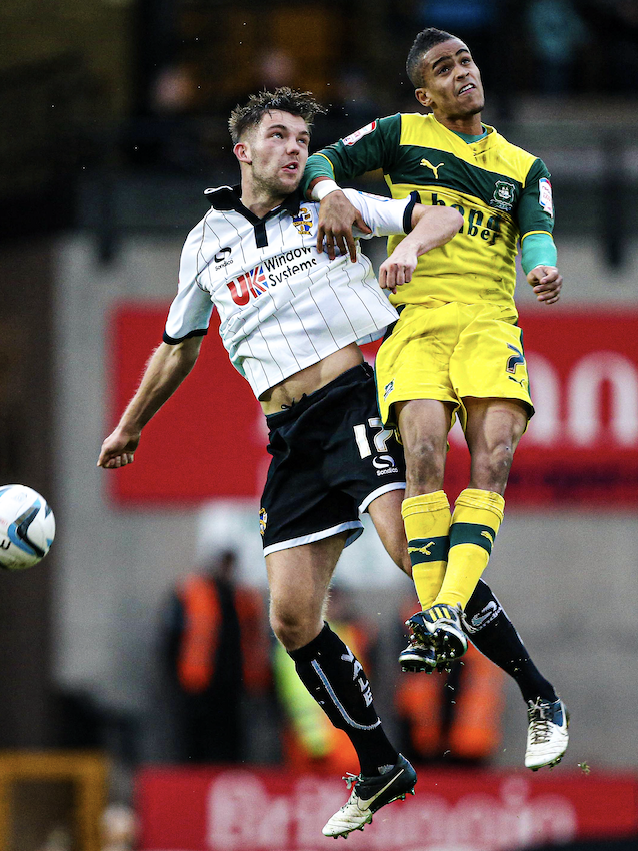
Why do you think support might be falling short?
“From a club angle, it [athlete support] is an underresourced and undersupported area, it has become a tickbox exercise for a lot of clubs. The KPI’s and metrics mean that a lot of the club staff are measured on on-field performance. A lot of academy directors are put under pressure by people above to get X amount of players through to the first team and generate X amount of money from the academy, the aftercare just gets put to the side. What they don’t understand and appreciate enough is that to get those players through [to the first team], you need to develop them holistically, off the pitch, not just on the pitch.
“It is baffling to me that we have the opportunity to build a business that has never been done before in 2025, that’s addressing a problem that has existed for the last 30-40 years.
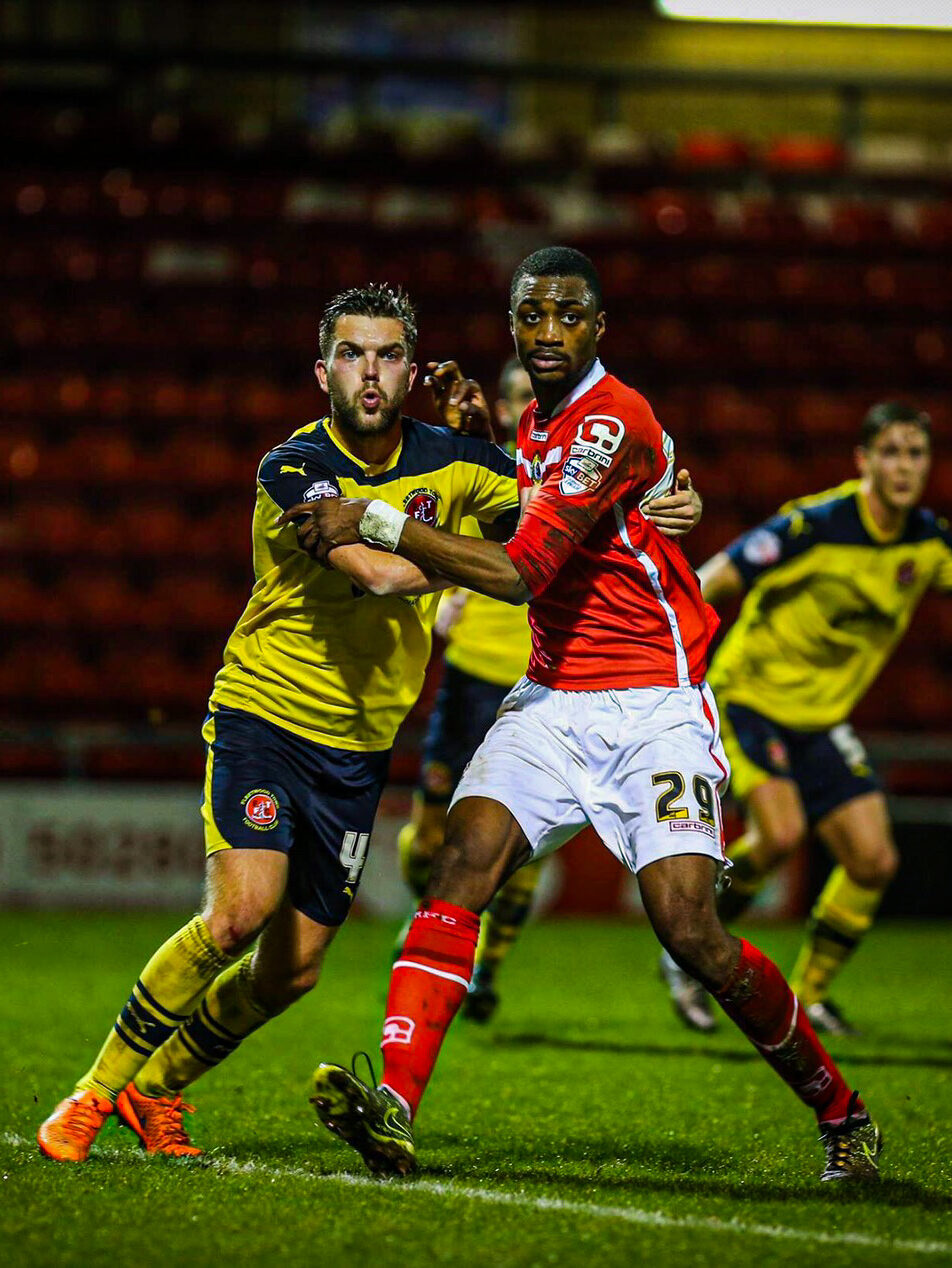
How has this new pathway opened your eyes to the world of sports stars once they hang up their boots?
“I was speaking to a Welsh rugby international, a female, and she is working 45 hours a week as a recruiter, playing for her country, almost paying for the luxury of playing for her country, which is just so upside down.
“We have about 350 athletes/ex-athletes on our wait list, from a range of different sports, ranging from 18-year-olds recently released to 45-year-olds ex-Premier League pros. You think these players must have their lives sorted, but it’s completely the opposite because they missed the bandwagon of money injection into the league. There are players out there who need support 15 years after retiring because they fell into a coaching job they don’t want to do – it’s been quite eye-opening.”
Visit Mojoe for more information.

